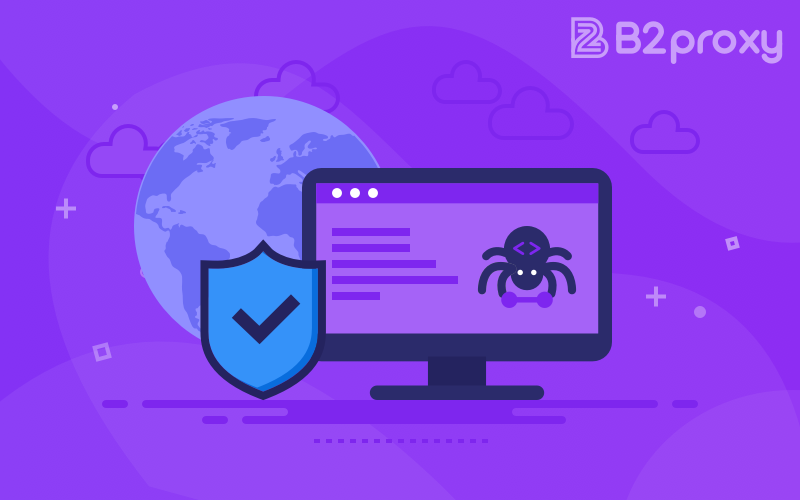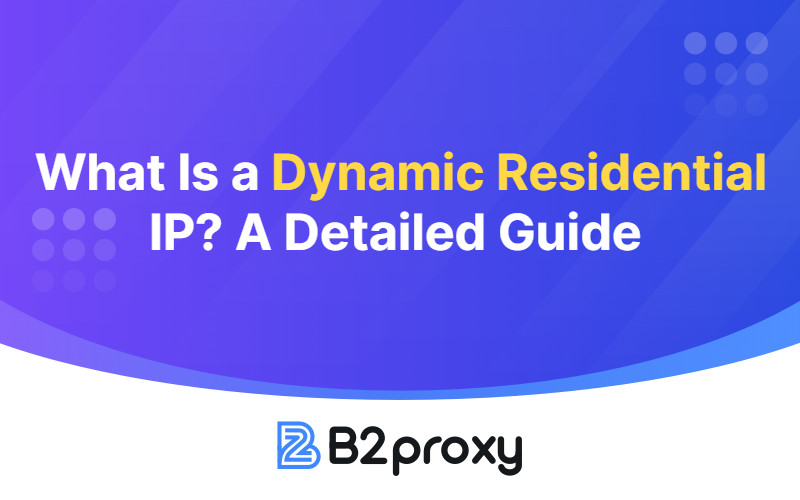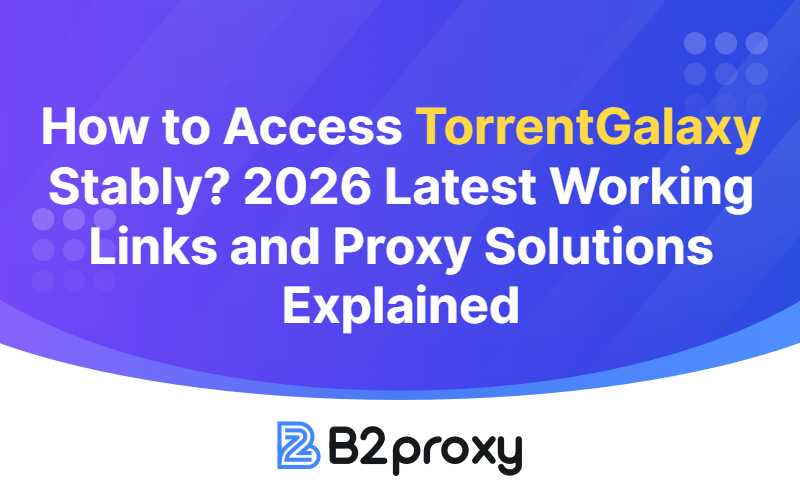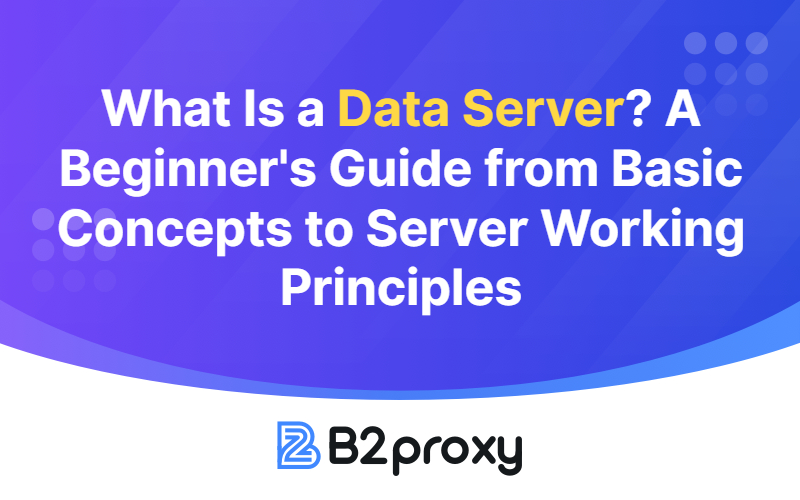Residential Proxies vs Data Center Proxies: Which Is Better for Large-Scale Crawling Tasks
 October 12.2025
October 12.2025

<p>In the context of large-scale data scraping and SEO optimization, choosing the right <a href="https://www.b2proxy.com/" rel="noopener noreferrer" target="_blank">proxy server</a> type is crucial for task success. Developers and businesses often debate between residential and data center proxies, as each has unique advantages and ideal use cases. Understanding their differences helps maintain efficiency while minimizing the risk of IP bans.</p><p><br></p><p><strong>1. Advantages of Residential Proxies</strong></p><p>Residential proxies use real home network IPs, naturally simulating genuine user behavior. For search engine crawling or e-commerce data collection, residential IPs are less likely to be flagged as abnormal traffic, reducing ban risk. They also offer broad geographic coverage, making cross-region scraping and multi-account management easier. Although more expensive, their stability and high anonymity are critical for long-term, large-scale scraping projects.</p><p><br></p><p><strong>2. Characteristics of Data Center Proxies</strong></p><p>Data center proxies are provided by servers and typically offer high bandwidth and fast response times, making them suitable for short-term, high-volume tasks. For scraping massive amounts of web pages or performing high-concurrency operations, data center proxies can significantly boost efficiency. However, data center IPs are easier for websites to detect as automated traffic, increasing the likelihood of bans, especially on high-security sites.</p><p><br></p><p><strong>3. Performance and Cost Considerations</strong></p><p>When choosing a proxy, users should balance performance, stability, and cost. Residential proxies are more reliable in high-ban-risk environments, while data center proxies are cost-effective and fast but may require frequent IP rotation. For limited budgets or short-term projects, data center proxies remain a viable option.</p><p><br></p><p><strong>4. Security and Anonymity</strong></p><p>Regardless of type, security and anonymity are essential. High-quality proxy services should provide diverse IP pools, encrypted connections, and log protection to ensure data privacy during scraping. For sensitive operations or competitive intelligence collection, these features are indispensable.</p><p><br></p><p><strong>5. Trial and Evaluation</strong></p><p>Before finalizing a choice, using <a href="https://www.b2proxy.com/" rel="noopener noreferrer" target="_blank">free proxies</a> for trial allows users to assess real-world performance, including connection speed, stability, and ban rates. Trial testing helps enterprises make informed purchasing decisions and maximize return on investment.</p><p><br></p><p><strong>Conclusion</strong></p><p>Both residential and data center proxies have their strengths and limitations. For large-scale crawling tasks, businesses should choose based on task type, ban risk, and budget. By combining and testing proxy solutions, users can achieve high-quality data scraping and SEO optimization while ensuring efficiency and security.</p>
You might also enjoy

What Is a Dynamic Residential IP? A Detailed Guide to Cross-Border E-commerce Account Isolation and Risk Control Solutions
Breaks down dynamic residential IPs, highlighting their role in account isolation, risk control, and building secure cross-border e-commerce systems.
February 27.2026
How to Access TorrentGalaxy Stably? 2026 Latest Working Links and Proxy Solutions Explained
A practical 2026 guide to accessing TorrentGalaxy reliably, explaining domain shifts, ISP restrictions, proxy methods, and security considerations.
February 27.2026
What Is a Data Server? A Beginner's Guide from Basic Concepts to Server Working Principles
Beginner's guide to data servers, covering core concepts, working principles, architecture, stability factors, and future cloud-driven trends.
February 26.2026







